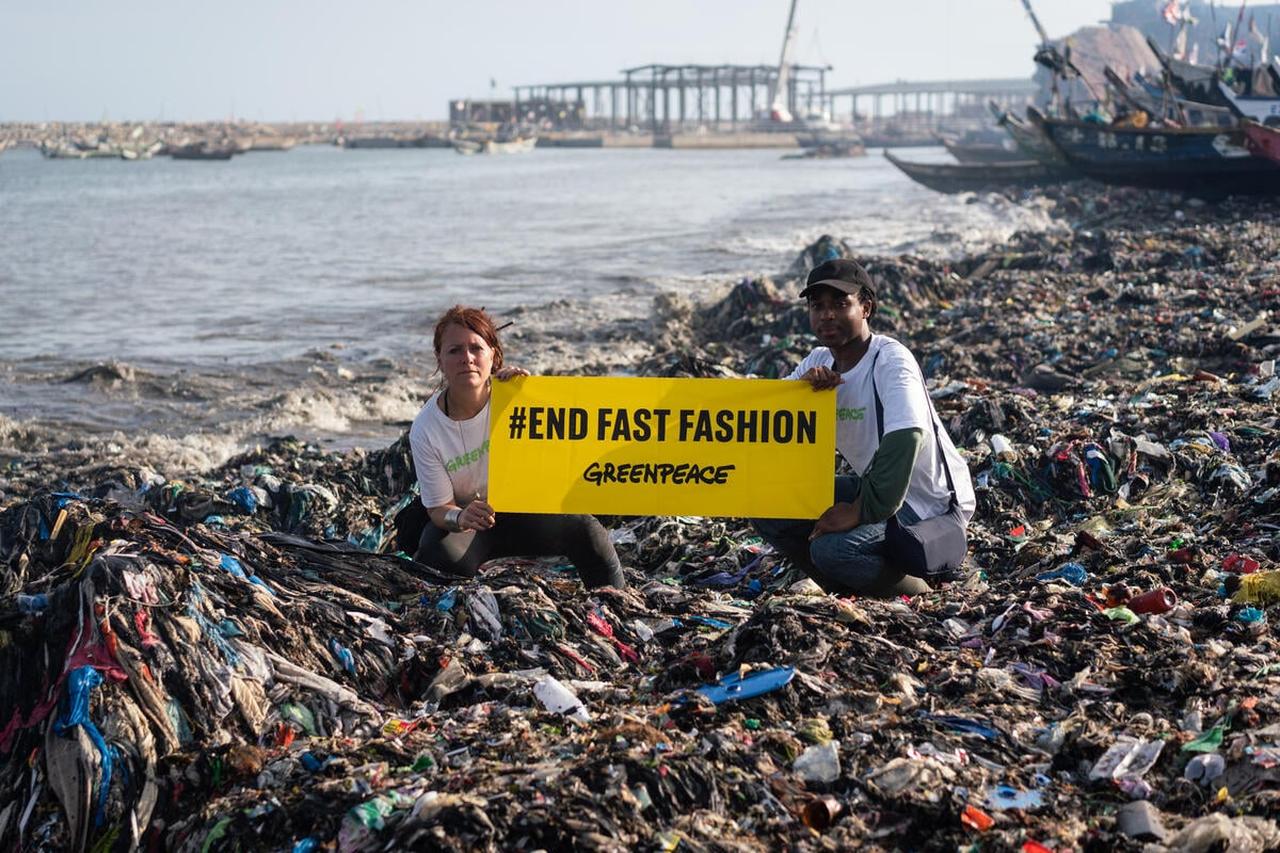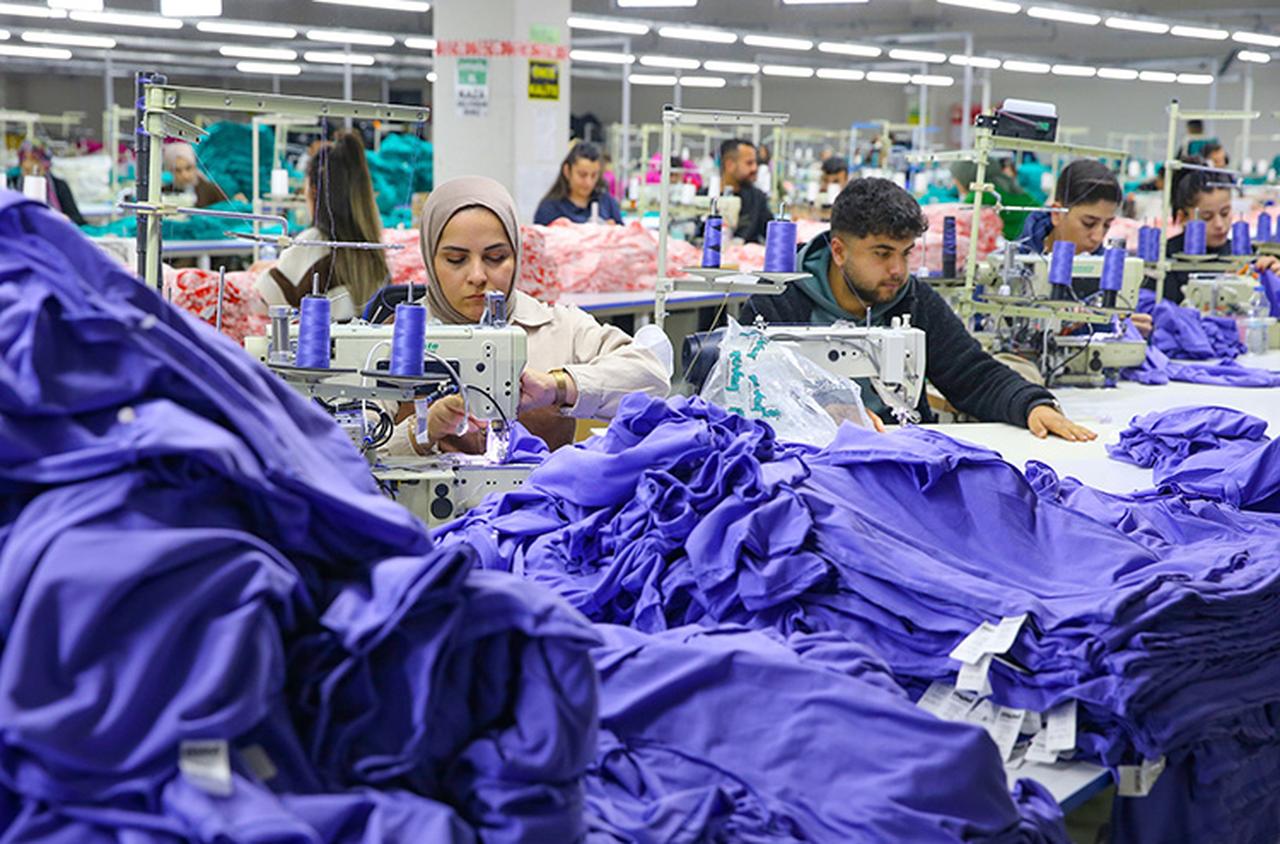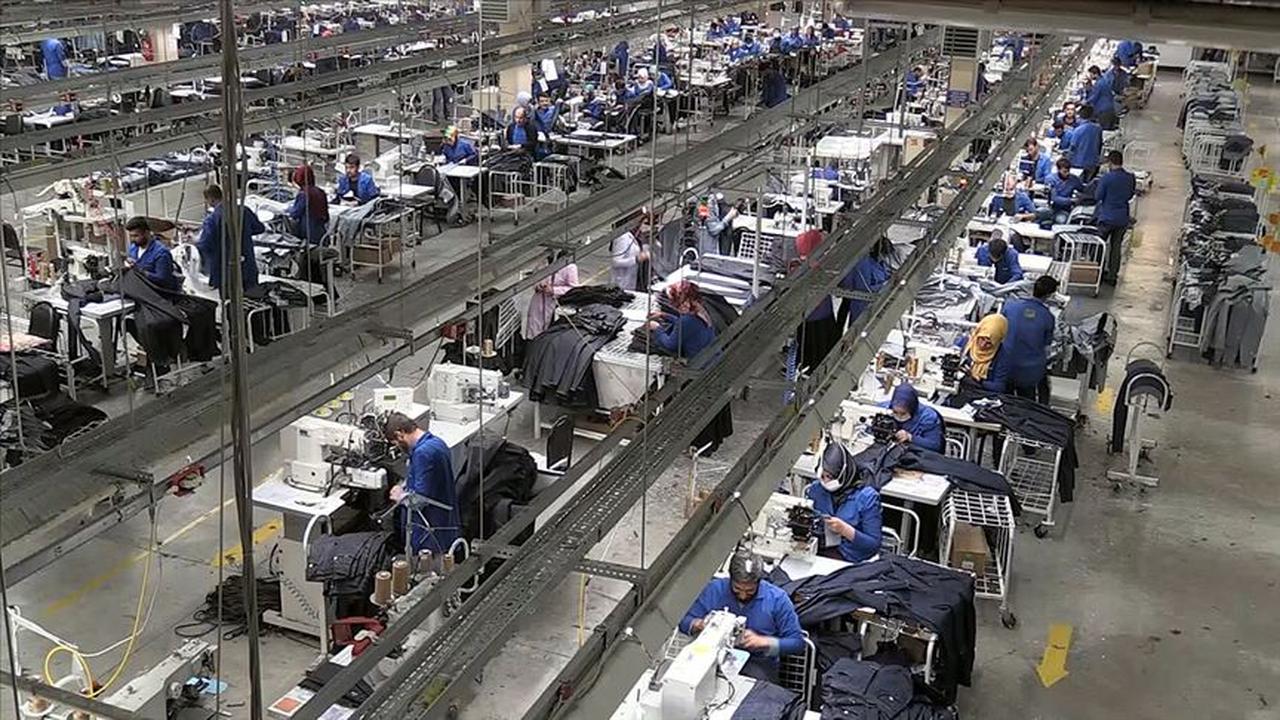
For a long time, Türkiye has successfully claimed its position in the textile market thanks to its unique geographical position, its strong geopolitical relations, and its adaptable labor force.
The suitable environment has provided an almost perfect platform for fast fashion, and therefore, Türkiye has emerged as a significant player in the fast fashion game: a manufacturing pattern that feeds off high consumption with an even higher product turnover, and that too with low-cost and fast-paced production behind the scenes.
That is when we started to see big fast fashion labels expand in Turkish malls and stores, escalating the demand for trendy, affordable, and accessible products.
This production model is very well constructed to fit into the expectations of the younger generation emerging into the market, a generation that is influenced by social media and its ever-shifting demands.
The vast majority of consumers today want to look up-to-date in the shortest time possible at the lowest cost available. The criteria for purchasing new items have changed from quality to quantity and from durability to trendiness, pushing the local brands to rebrand and reconstruct their production line so that instead of having one collection every season, they have two of them every month.
One might wonder, what’s the problem with this? After all, it offers affordable fashion and endless choices to suit every taste and provides employment opportunities for many.

What many people don’t realize is that behind every item in a wardrobe lies a vast network: massive factories employing thousands of workers, complex supply chains spanning hundreds of locations, and decision-making boards with dozens of executives. In Türkiye, the environmental price of this industry grows heavier each season due to the enormous consumption of water, chemicals, and fossil fuels involved in textile production.
In regions like Denizli and Bursa, lakes and rivers have suffered severe pollution from fabric dyeing and bleaching processes, so much so that some water bodies have been completely severed from main water streams. Beyond water pollution, Turkey faces significant challenges in waste management and discharge control.
The fast turnover of clothing exacerbates the problem, leading to increased reliance on incinerators and further environmental degradation.
On the social front, the garment industry operates under intense pressure to meet tight deadlines and demanding conditions, a burden often borne by the workers. While Turkey’s labor laws are relatively strong compared to many Asian countries, enforcement remains inconsistent, especially in rural areas where many workers are unaware of their rights.
Over the past decade, reports have highlighted widespread issues such as excessive working hours, unpaid overtime, and the employment of underage workers. The influx of Syrian refugees following the Syrian conflict has further complicated the labor landscape. Some employers have exploited this vulnerable population by hiring refugees without legal identity or work permits, reducing labor costs in the informal sector.
Women constitute a significant portion of the garment workforce, valued for their attention to detail and craftsmanship. Unfortunately, gender pay gaps persist, and the relentless pressure to meet tight schedules and budgets comes at a steep cost, both to the environment and to the most vulnerable workers.

Fortunately, younger Turkish consumers are becoming increasingly conscious of their purchasing behaviors and the impact of their choices. Social media platforms have played a pivotal role in raising awareness, with numerous influencers actively discussing sustainability and ethical consumption.
However, the reality remains challenging. Türkiye is currently facing a severe economic crisis, and for many shoppers, price is the decisive factor. For middle- to low-income families, fast fashion often remains the most accessible and affordable option.
Despite these economic hurdles, some brands are beginning to embrace eco-friendly practices. Several Turkish companies have launched environmental campaigns, offering sustainable alternatives such as recycled materials, untreated raw fabrics, and repair services for damaged clothing.
Additionally, second-hand and thrift shopping are gaining popularity as cost-effective, high-quality alternatives to fast fashion. Many consumers are also turning to small local businesses that provide unique, well-crafted pieces, thereby supporting the local economy.
The government has expressed support for these initiatives, but efforts remain limited and require significant expansion to create a meaningful impact.
Promoting conscious consumption among younger generations is a crucial step toward building a more responsible consumer society. Nongovernmental organizations (NGOs) and labor unions must intensify their efforts to protect workers’ rights and expose illegal practices, ensuring accountability across the supply chain.
In conclusion, sustainable progress depends on collaboration between consumers and producers alike. Together, they can foster an economy that thrives without compromising the environment or exploiting workers.